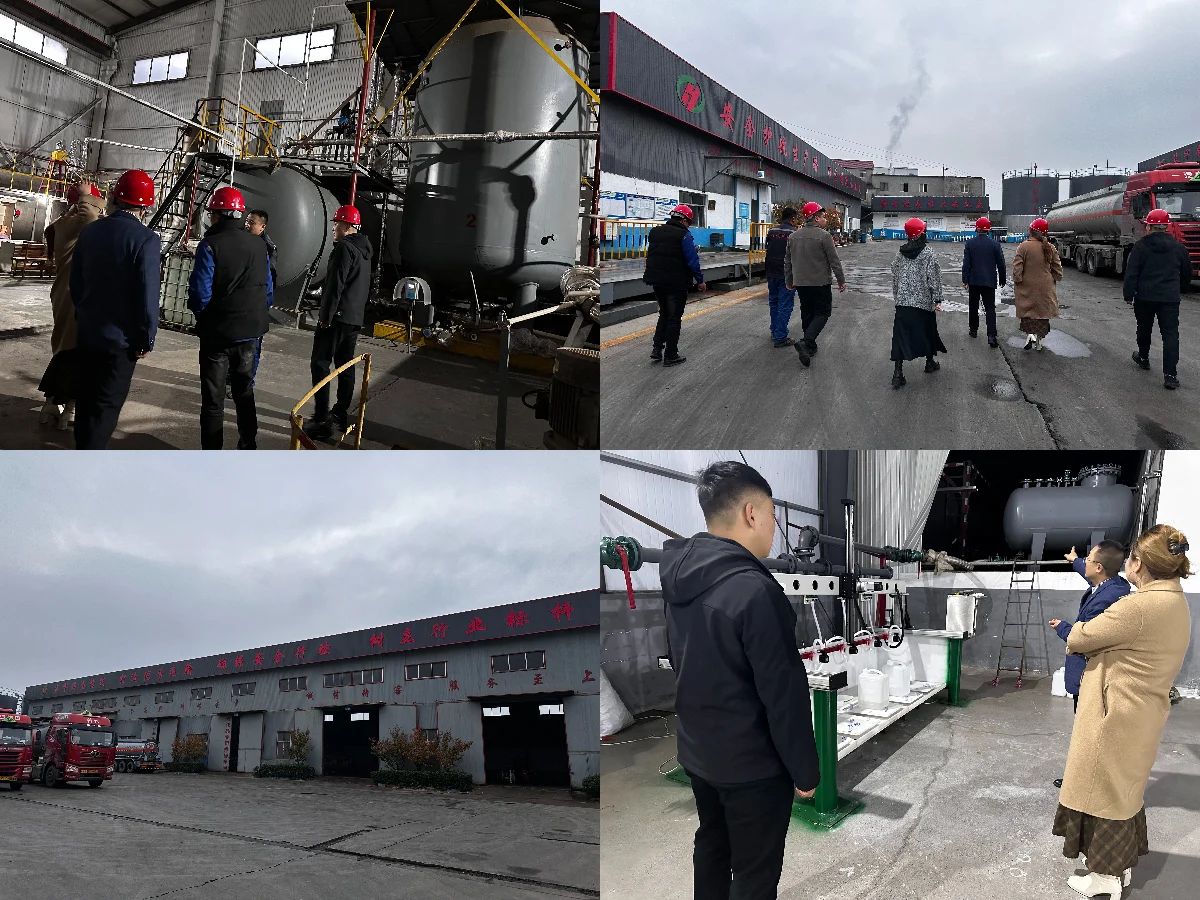Answer: Flotation reagents, like many chemicals used in industrial processes, can have potential environmental impacts if not managed properly. Their effects can include:
Water Pollution: Some flotation reagents may leach into water sources, potentially causing pollution. This can affect aquatic life and water quality if not properly controlled.
Soil Contamination: Improper handling or disposal of flotation reagents can lead to soil contamination, impacting local flora and fauna.
Air Emissions: During the Flotation process, some chemicals may release volatile compounds into the air, which can contribute to air pollution if not managed with appropriate control measures.
To mitigate these impacts, mining operations should implement several best practices:
Use of Environmentally-Friendly Reagents: Select flotation reagents that are less toxic and have minimal environmental impact.
Waste Treatment and Disposal: Implement proper waste treatment and disposal practices to ensure that any chemical byproducts or residuals are safely handled and disposed of.
Regulatory Compliance: Adhere to local and international regulations regarding the use, handling, and disposal of mining chemicals.
Monitoring and Management: Regularly monitor environmental parameters such as water quality, soil health, and air quality to detect any potential issues early and take corrective actions as needed.
- Random Content
- Hot content
- Hot review content
- Sodium bisulfite 99% High Quality Factory Supply
- Hydrogen Peroxide
- Food grade Antioxidant T501 Antioxidant 264 Antioxidant BHT 99.5%
- Food Additive E330 Citric acid monohydrate
- Fuel Additive Octane Value Booster Ferrocene
- How does Sodium Ferrocyanide help in the mineral flotation process?
- Sodium Dimethyldithiocarbamate 95% solid, 40% liquid
- 1Discounted Sodium Cyanide (CAS: 143-33-9) for Mining - High Quality & Competitive Pricing
- 2China's New Regulations on Sodium Cyanide Exports and Guidance for International Buyers
- 3Sodium Cyanide 98% CAS 143-33-9 gold dressing agent Essential for Mining and Chemical Industries
- 4International Cyanide(Sodium cyanide) Management Code - Gold Mine Acceptance Standards
- 5China factory Sulfuric Acid 98%
- 6Anhydrous Oxalic acid 99.6% Industrial Grade
- 7Oxalic acid for mining 99.6%
- 1Sodium Cyanide 98% CAS 143-33-9 gold dressing agent Essential for Mining and Chemical Industries
- 2High Quality 99% Purity of Cyanuric chloride ISO 9001:2005 REACH Verified Producer
- 3Zinc chloride ZnCl2 for High Molecular Weight Polymers Initiator
- 4High Purity · Stable Performance · Higher Recovery — sodium cyanide for modern gold leaching
- 5High Quality Sodium Ferrocyanide / Sodium Hexacyanoferr
- 6Gold Ore Dressing Agent Safe Gold Extracting Agent Replace Sodium Cyanide
- 7Sodium Cyanide 98%+ CAS 143-33-9











Online message consultation
Add comment: